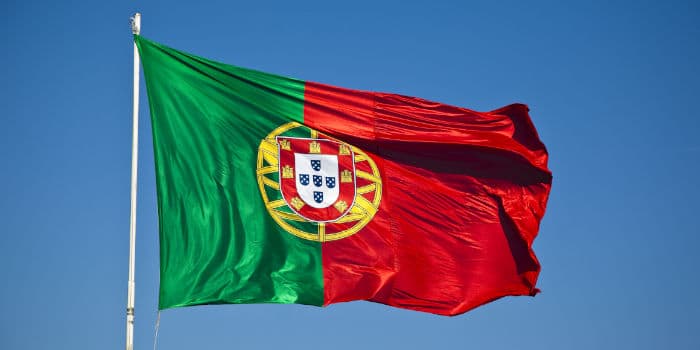UPDATE: Portugal has just announced the initiation of a new licensing procedure for five casino projects across three key regions: Algarve, Espinho, and Póvoa de Varzim. This development, confirmed by an official press release, opens the door for competitive bids that will shape the local gaming industry for the next 15 years.
The breakdown of licenses is as follows: Algarve will host three licenses, while Espinho and Póvoa de Varzim will each accommodate one license. Specifically, the Algarve licenses will be allocated to areas including Vilamoura, Monte Gordo, and Barlavento. The license in Póvoa de Varzim is currently held by Estoril Sol, while Solverde operates the casinos in Espinho, Vilamoura, and Monte Gordo.
Potential applicants have until September 2, 2025, to submit their final drafts. The stakes are high, as previous license holders may retain their operational rights unless they fail in their bids, which could force them to vacate the license for a decade and a half. Winning bidders will also have rights over existing equipment at the casinos, except for Barlavento, which will retain its equipment.
To qualify, candidates must meet stringent eligibility criteria, including a proven track record of operating games of chance for the past five years and demonstrate success over the last two years. This track record can be established through operations in Portugal or any other licensed jurisdiction that showcases a business’s reliability.
Each bid will be evaluated through a detailed methodology, considering various factors such as the percentage of gross gaming revenue as a variable fee and an annual fixed fee. Notably, successful applicants will also be required to pay an initial licensing fee, which varies by location: the Algarve license costs €31 million, the Espinho license is set at €36 million, and the Póvoa de Varzim license comes at €33.7 million.
As the clock ticks down to the application deadline, the gaming landscape in Portugal is poised for significant transformation. Stakeholders and potential investors are watching closely, eager to see who will emerge victorious in this competitive bidding process.
This critical development not only affects the gaming industry but also has broader implications for local economies, tourism, and employment in the regions involved. As more details unfold, the urgency surrounding these casino licenses continues to grow, capturing the attention of investors and industry experts alike.
Stay tuned for updates as this situation evolves, and potential candidates prepare their bids for these lucrative opportunities in Portugal’s vibrant gaming market.







































































